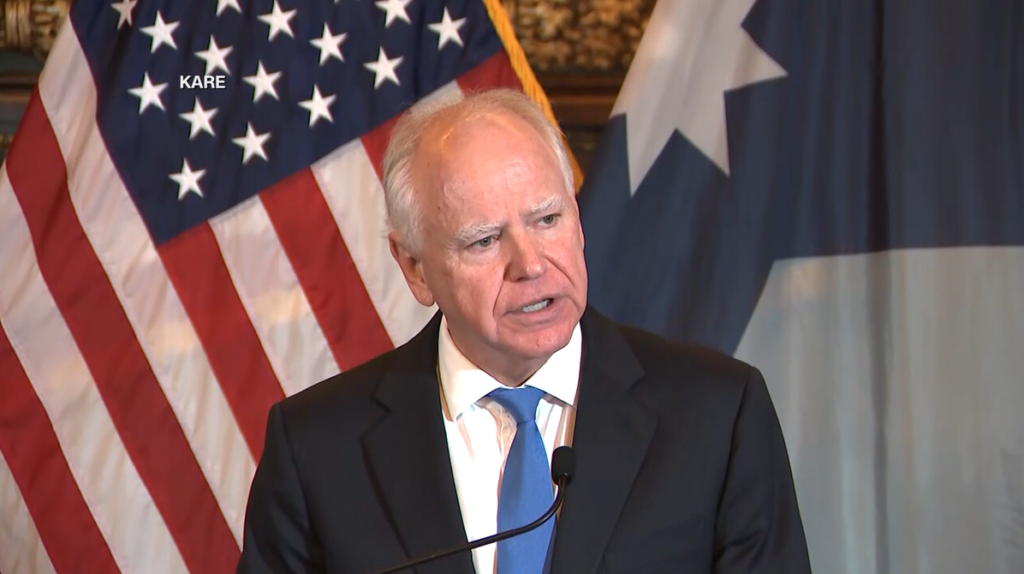New Study Shows Young Adults are Lonelier than Ever Before
Cigna released a study that 43% of young adults say that they don't have meaningful relationships
FARGO, N.D. — Many young adults are told to be the best they can possibly be and to stop at nothing to be successful.
“When that doesn’t map onto your own experiences, it could violate your expectations and that could be a letdown,” said Dr. Kathryn Gordon, an Associate Professor of Psychology at NDSU.
The growing culture of perfectionism, as well as an increased affinity for technology, is actually as psychologically harmful as smoking 15 cigarettes a day.
“Being lonely really impacts physical and mental health. We are fundamentally social beings,” said Gordon.
A new study released by Cigna Insurance says that adults between the ages of 18 and 24 are lonelier than older Americans since most of them say they don’t have meaningful relationships.
“When you have connections with other people, you have a greater sense that you are able to cope with stress that comes your way,” said Gordon.
The new Cigna study shows that 43% of Americans feel isolated from others and only 18% have people they talk to on a daily basis. Some people blame social media for the problem of isolation.
“Social media is just such a huge part of our lives. You can’t deny that it plays a big role in people’s lives and how we interact with other people,” said Ashley Ladbury Hrichena, the Training and Education Coordinator at FirstLink.
Ladbury Hrichena talks with students across Fargo about mental health issues, and says ninth graders tend to struggle more with isolation than seventh and eighth graders.
“Adolescence can be just a difficult time in general and I think students do feel that way in that they don’t have any real friends or they’re isolated from people or I think sometimes people feel more isolated due to technology. They’re not having as much face–to–face interaction as we used to,” said Ladbury Hrichena.
On the UCLA Loneliness scale, which ranks how isolated people feel on a scale of 20 to 80, Cigna found that adults aged 18 to 24 clocked in at an alarmingly high score of 48, while adults aged 72 and over had a score of 39.






